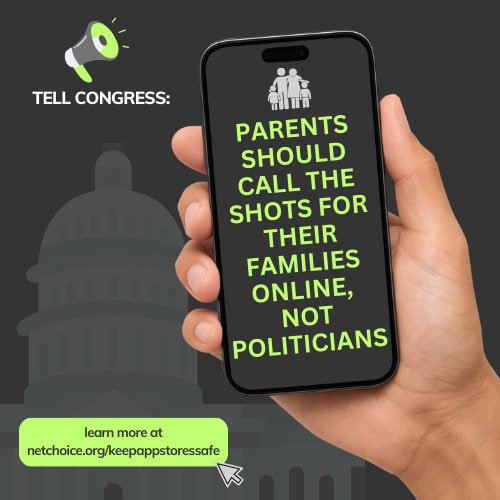Last week, the Wall Street Journal editorial board launched a baseless and sloppy attack against litigation finance on behalf of Big Business, Big Insurance, Big Tech, and Big Pharma.
The editorial — entitled Ending a Tax Break for Lawsuits — promoted Sen. Thom Tillis (R., N.C.) and Rep. Kevin Hern’s (R., Okla.) Tackling Predatory Litigation Funding Act, which would impose a punitive tax on investors, including institutional investors and pension funds, and increase the cost of capital for small businesses, all to protect woke companies from accountability.
The bill is predicated on the assertion that commercial litigation finance benefits from an “anti-growth loophole” favoring “foreign investors.” But there’s a glaring problem with this argument: no such tax loophole exists.
Uncorrelated from the broader financial markets, litigation finance appeals to institutional investors seeking diversification. And a substantial portion of these investors have domestic tax-exempt status. Indeed, commercial litigation funders count numerous pensions among their largest backers. Plans for law enforcement, defense, public employees, and religious institutions have collectively invested heavily in the sector. While Sen. Tillis and Rep. Hern’s bill would penalize all litigation finance investors, it would disproportionately impact the retirement savings of hardworking Americans by imposing a punitive and retroactive tax that effectively eliminates their tax-exempt status. A nonexistent loophole should not justify a penalty.
Commercial litigation finance levels the playing field for businesses and individuals with meritorious claims, unburdening them from the high costs of litigation against deep-pocketed corporations. It is pro-access to justice and pro-free markets. Funders employ decorated lawyers that deploy capital on a non-recourse basis, filtering out meritless lawsuits from our legal system. The industry has received a clean bill of health from multiple oversight bodies, including the Government Accountability Office and Delaware Judiciary, and is currently being studied by the federal Advisory Committee on Civil Rules. Beneficiaries of funding range from small businesses in need of liquidity to pay employees, such as famed pepper-grower Underwood Ranches, to at-risk members of our judiciary seeking to safeguard their personal data and physical safety.
It is no secret that access to justice invites opposition from the very industries that most often seek to avoid liability for their misconduct. Look no further than the corporations referenced in the editorial itself. On behalf of these interests (which include a German multinational pharmaceutical company), Messrs. Tillis and Hern seek a de facto ban of litigation funding through a blatant policy attack masquerading as a fiscal measure. The sponsors have admitted as much via their vilification of litigation funders through a series of unsupported and debunked misrepresentations.
The proposed tax is not only punitive; it is unprecedented. By taxing at the entity level, it defies principles of pass-through taxation that apply equally throughout the economy. And by eliminating the ability to deduct losses, it effectively taxes at a rate more than double the corporate rate. Any projected revenue gains would be effectively neutralized — or even outweighed — by the contraction of the industry and resulting decline in related litigation spending and recoveries, both of which are generally taxed as ordinary income and subject to the highest marginal tax rates under federal law.
Creating retaliatory taxes for ideological reasons is a slippery slope. It is even more dangerous in the reconciliation context. Supporters of the bill should think carefully about the precedent it sets during this and future administrations. Beyond curtailing access to justice and helping powerful industries silence accountability, the bill would render any practice with well-organized critics susceptible to targeted taxation.
The litigation finance industry is not asking for special treatment — just the same rules that apply to every other form of investment. That used to be a conservative principle. Lawmakers who vote for this bill are not fighting predatory litigation. They are fighting the free market itself. And pensions are collateral damage.
Paul Kong is the Executive Director of the International Legal Finance Association.
